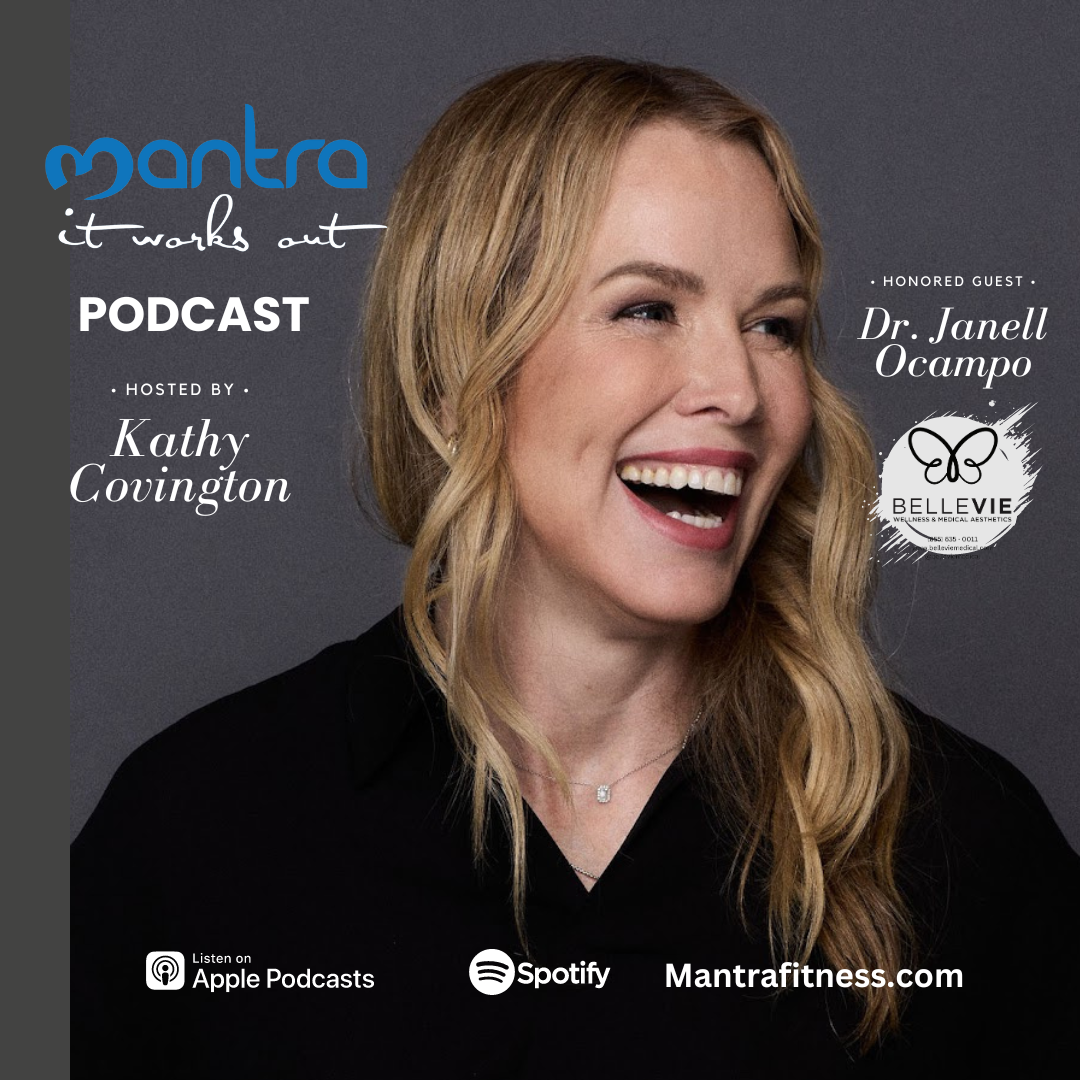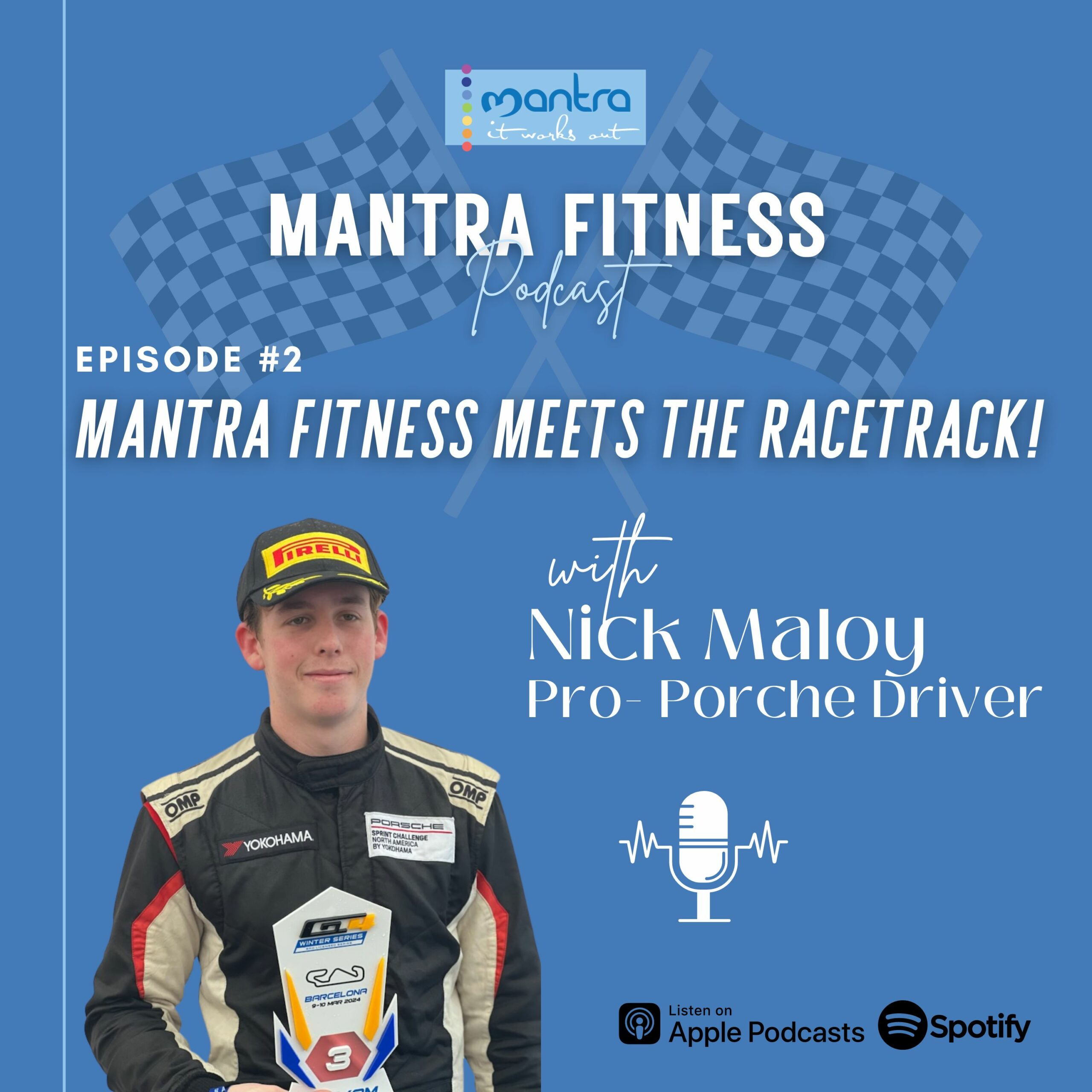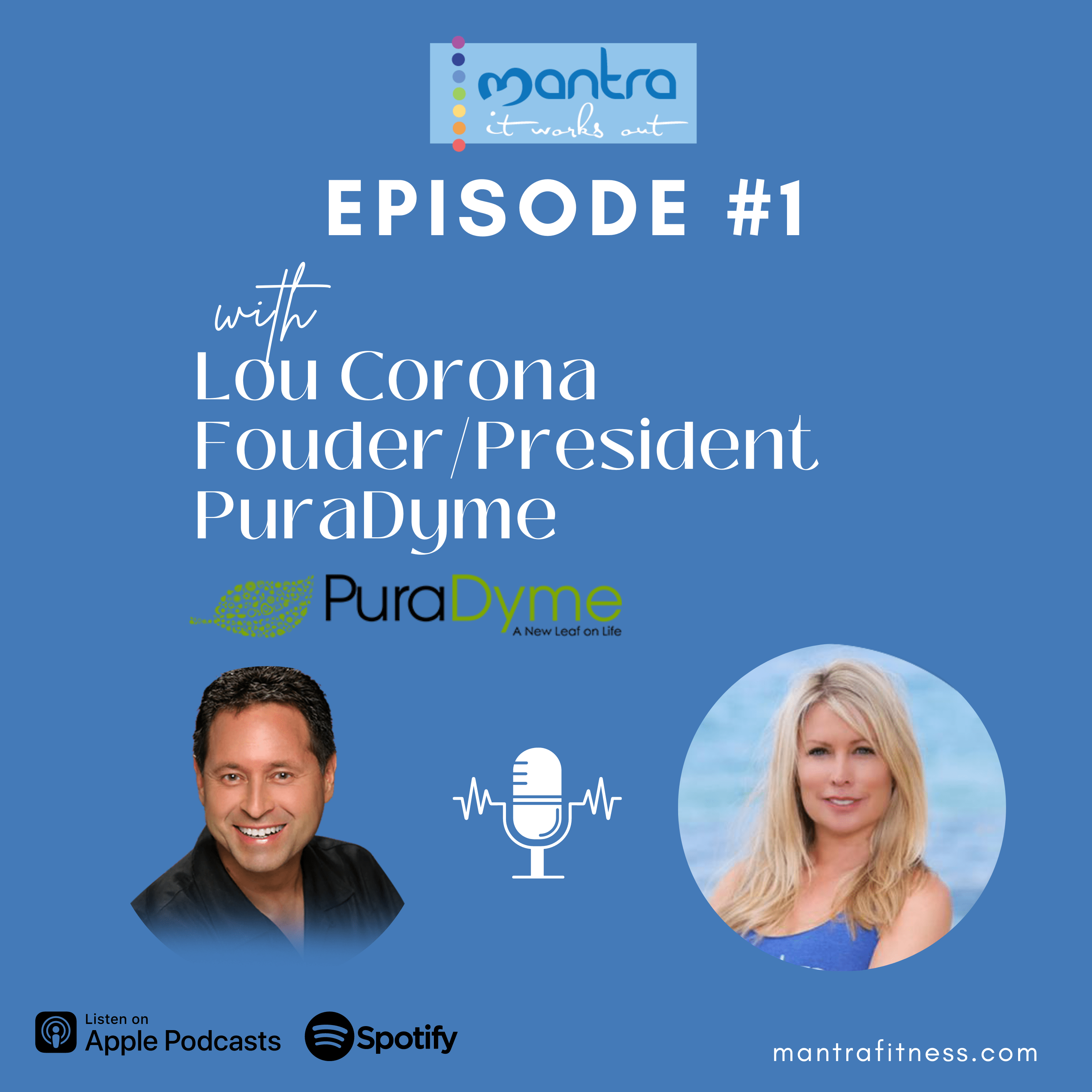October could be our most important month of the year. Of course, there’s Columbus Day (oh, look–we discovered land!), and Halloween (oh, look–trick or treat!) but what we’re really talking about is the biggest event of all: National Breast Cancer Awareness Month.
Breast cancer is the second most common form of cancer found in women. According to government health agencies, about one in eight females born today in the United States will get breast cancer at some point. Those are scary statistics, but the good news is we can prevent the worst case outcome with early detection.
Most women can survive breast cancer if it’s found and treated early. Which means scheduling our annual screenings (mammograms) and staying on top of our overall health. What’s really exciting are the many new ways we are learning to predict and detect cancer. As medical technology keeps improving, our ability to find data and use it (genetic testing) helps us to better understand our bodies and why some of us are more likely to develop cancer.
Here’s a breakdown on MUST-DO screenings, along with new options to help predict and prevent breast cancer:
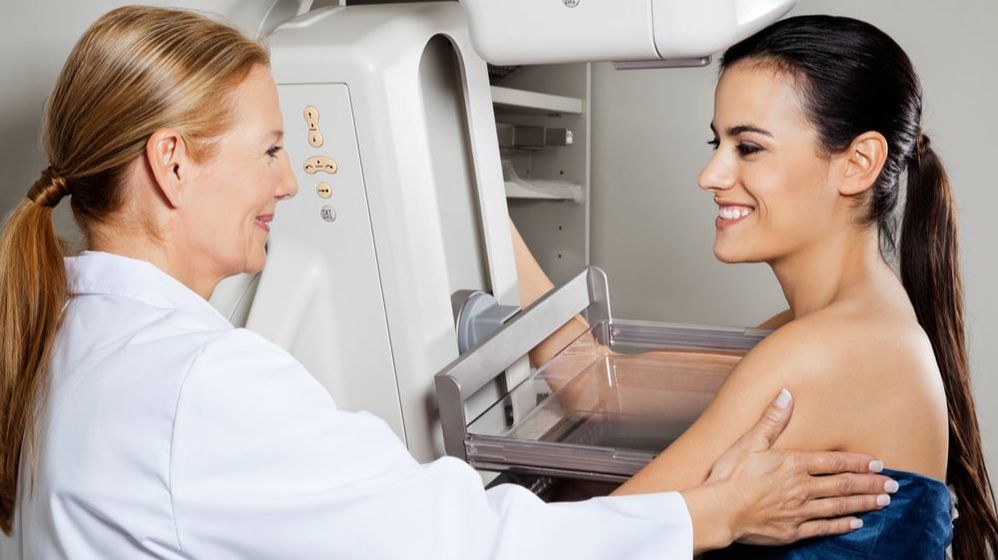
SCREENINGS
Mammogram – This image-based screening is still considered the go-to test for detecting abnormal activity in breast tissue. It’s uncomfortable and a pain-in-the-boob, but it can also save your life. Once a year you gotta Squeeze to be safe!!

Self-screen – Monthly massage/checking for yourself is a great way to, literally, ‘keep a breast’ of sudden lumps or swelling. If something doesn’t feel right, or you detect a cyst, call your doctor right away and schedule an appointment.
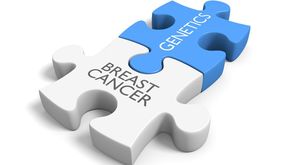
GENETIC TESTING:
Technology has made in-patient and home-use genetic testing available (like “23 and Me”) which can help determine your risk for certain kinds of cancer. These DNA-based tests assist doctors in looking for mutations or changes in specific genes, also helping link you to vital information concerning BRCA1 or BRCA2 genes (cancerous).
If you have a mutation in the BRCA1 gene or the BRCA2 gene, you are more likely to develop breast and ovarian cancer. You could also be at higher risk for developing other types of cancer, too.
Genetic testing may be important to you if you have:
-a family member who had breast cancer before age 50;
-a family member who had cancer in both breasts;
-a family member who had both breast and ovarian cancer;
-a male family member who had breast cancer;
-two or more family members who had breast cancer;
-Eastern European (Ashkenazi) Jewish heritage
If breast or ovarian cancer runs in your family, it’s especially important to keep on top of all your screenings as the genetic link plays a big role in your chances of developing these cancers. What’s more, men are impacted, too–over 2,000 men are diagnosed with breast cancer each year.
Talk with your doctor about all of your family history and discuss options for screenings and further predict-and-prevent genetic testing. Most mammograms are covered by insurance for women over 40, so find out if you qualify.
‘Screen’ or ‘Gene,’ these tests should top the TO-DO for yourself and your loved ones. Make a date, go with your bestie and get your breasties examed today!!
Burn for Breast Cancer 2018: Mantra Sarasota and Tampa studios are teaming up with Fit 4 Prevention to host special donation classes to support the “Keep A Breast” charity. Sign up now to reserve your spot and raise funds for this fierce cause!!
New Addition Update: Mantra is expanding our family of fitness (as many of you know) and our latest studio is scheduled to open this month in Orange County, CA!!! We love our coasts and our sunshine, our Megaformers, our Lagree, our pilates, so look for amazing offers and sweet treats for members to help celebrate our Mantrapolis!!
 | Britta Wilder is a writer based in San Clemente. With a background in film and journalism, she is currently working on a novel. #nationalbreastcancerawareness |
